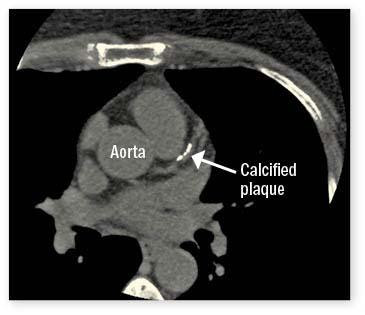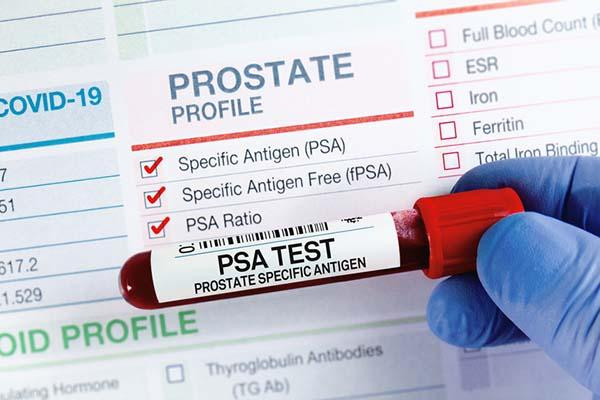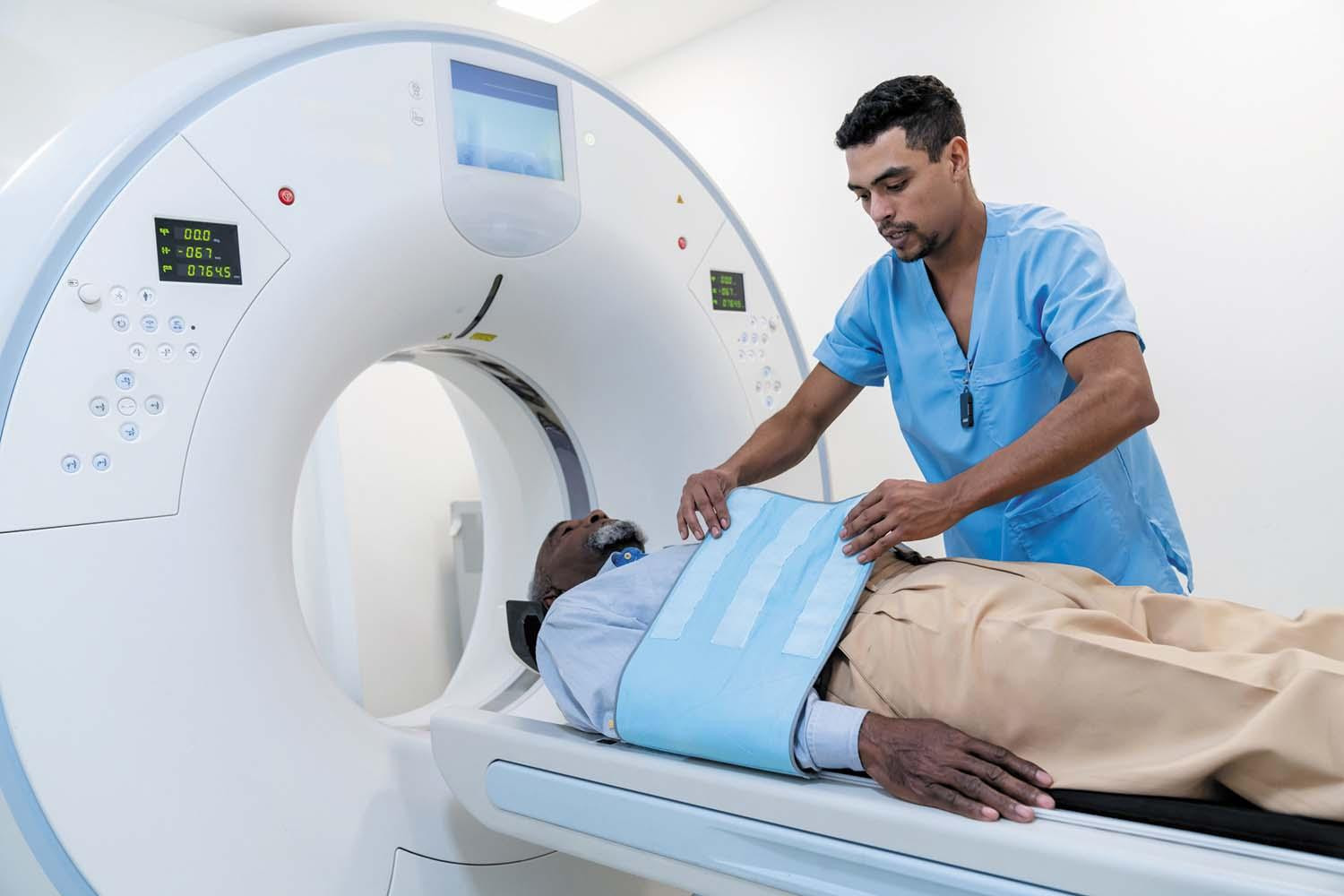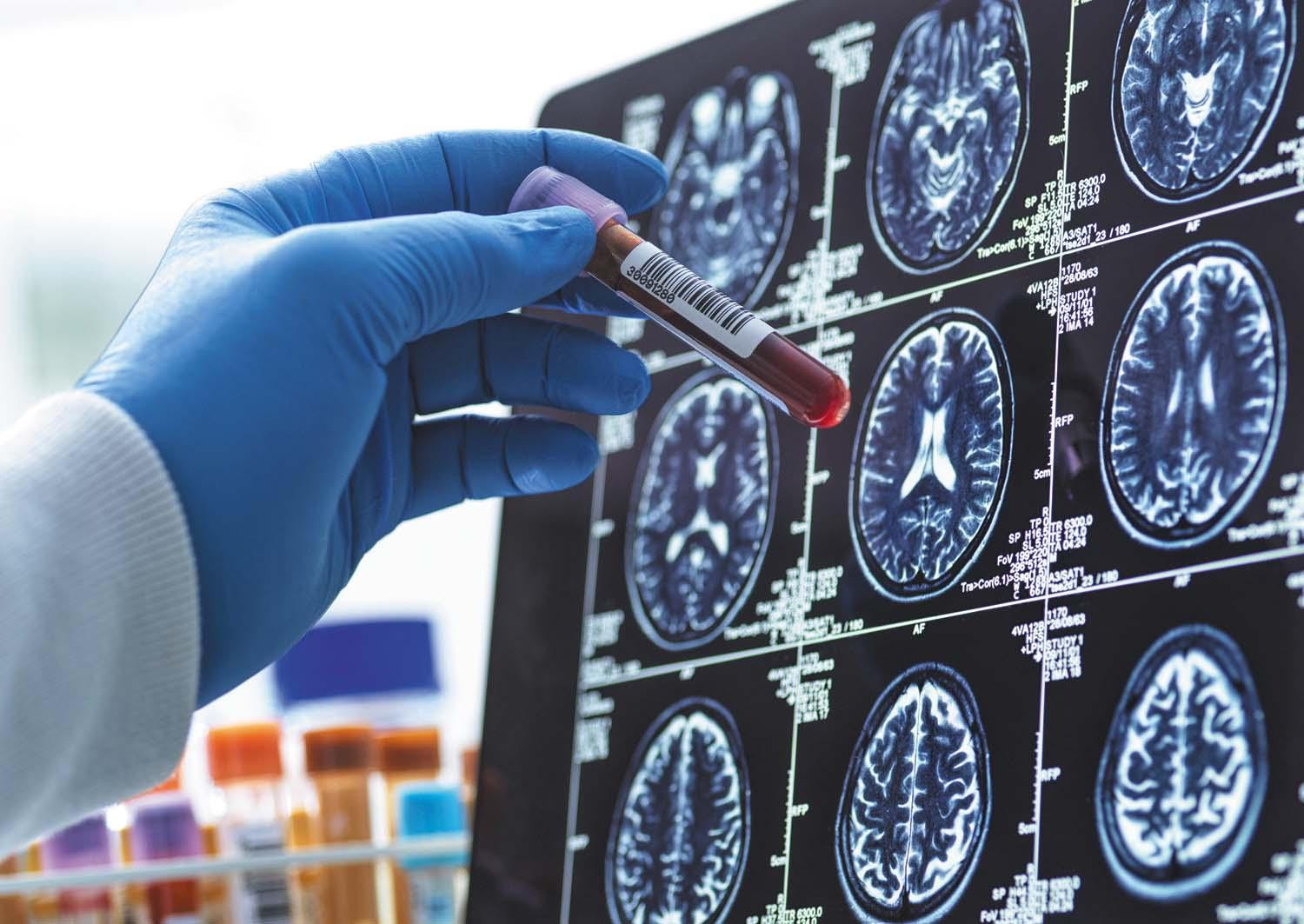
5 timeless habits for better health

What are the symptoms of prostate cancer?

Is your breakfast cereal healthy?

When pain signals an emergency: Symptoms you should never ignore

Does exercise give you energy?

Acupuncture for pain relief: How it works and what to expect

How to avoid jet lag: Tips for staying alert when you travel

Biofeedback therapy: How it works and how it can help relieve pain

Best vitamins and minerals for energy

Should you take probiotics with antibiotics?
Medical Tests & Procedures Archive
Articles
When does an injury require an x-ray?
X-rays can detect a broken bone, dislocation, or joint problem. People should seek an x-ray if an injury results in severe pain; severe or persistent swelling or bruising; difficulty moving or bearing weight; or a noticeable deformity.
When do I need an imaging test for my back pain?
An x-ray, CT scan, or MRI is usually not needed for addressing low back pain unless people have other symptoms or risk factors for a serious condition. Short-term rest, heat or cold, and over-the-counter medication can ease discomfort until the back pain goes away.
Chronic insomnia may raise the risk of cognitive decline
People who suffer from chronic insomnia are more likely to develop cognitive problems and score lower on thinking and memory tests compared with individuals without chronic insomnia, a 2025 study suggests.
Urine and your health
A urine test, also known as a urinalysis, can reveal a great deal about a person’s health. The kidneys produce urine to remove excess fluid and waste products from the body. But urine also contains various chemicals, minerals, toxins, bacteria, and red and white blood cells. Analyzing a urine sample with visual, chemical, and microscopic exams can reveal the presence and amounts of these substances, which can provide clues to specific conditions.
When incidental findings on scans reveal hidden heart disease
Imaging tests such as chest CT scans and mammograms, which can detect calcium deposits in arteries, can provide information about a person’s cardiovascular health. These so-called incidental findings—when a medical test discovers something unrelated to the original purpose of the test—have become increasingly common in recent years. With a chest CT, calcifications are grouped into four categories: none, mild, moderate, or severe. That’s often enough for a cardiologist to make a solid decision about whether to maintain or intensify a person’s drug treatment to prevent heart disease progression.
What are the symptoms of prostate cancer?
A PSA test can detect early-stage prostate cancer while it’s still asymptomatic, but some men are diagnosed with prostate cancer only after symptoms appear. The editor in chief of the Harvard Medical School Guide to Prostate Diseases answers questions about how doctors distinguish prostate cancer from other noncancerous problems affecting the prostate.
When should you worry about abnormal heartbeats?
People commonly experience heart palpitations, which feel like the heart flutters or skips a beat, or beats at a faster rate or in an irregular rhythm. They often last only seconds and can be unsettling. For the most part, palpitations are nothing to worry about. Still, these unusual heart sensations may indicate something more serious, such as atrial fibrillation, supraventricular tachycardia, or ventricular tachycardia. Palpitations that persist or cause other symptoms (such as lightheadedness) should be evaluated by a doctor.
Decoding your breast cancer risk
Breast cancer risk assessment scores can enable clinicians to estimate a woman’s risk of developing invasive breast cancer over the next five years, as well as her lifetime risk. The tools ask users about myriad factors that influence breast cancer risk. But risk calculators don’t necessarily provide the kind of precision and insight some women seek. A risk score can’t tell a woman for certain whether she will or won’t develop breast cancer. Risk calculators typically also don’t determine when or how often most women should seek mammograms.
Is it safe to get repeated imaging tests?
Radiation from diagnostic tests has the potential to damage tissue in the body, including cell DNA. Rarely, that can cause cell mutations that lead to cancer 10 or 20 years later. The long-term cancer risk from standard x-rays is considered very low; the risk from computed tomography (CT) scans might be higher. If a doctor orders a CT scan for someone who recently had that same type of scan, the patient should ask what the results might show, whether they’ll affect treatment, and whether an alternative test can be substituted.
The new Alzheimer’s blood test: What it means for diagnosis
In May 2025, the FDA approved the first blood test to detect the early stages of Alzheimer’s disease. The test looks for several proteins associated with Alzheimer’s disease. About 80% of the time, the blood test is either highly positive or highly negative, a result that’s accurate more than 90% of the time. Doctors expect that the test will soon be covered by insurance. If that happens, the test will become the standard of care for people ages 55 and older with Alzheimer’s signs or symptoms.

5 timeless habits for better health

What are the symptoms of prostate cancer?

Is your breakfast cereal healthy?

When pain signals an emergency: Symptoms you should never ignore

Does exercise give you energy?

Acupuncture for pain relief: How it works and what to expect

How to avoid jet lag: Tips for staying alert when you travel

Biofeedback therapy: How it works and how it can help relieve pain

Best vitamins and minerals for energy

Should you take probiotics with antibiotics?
Free Healthbeat Signup
Get the latest in health news delivered to your inbox!
Sign Up









